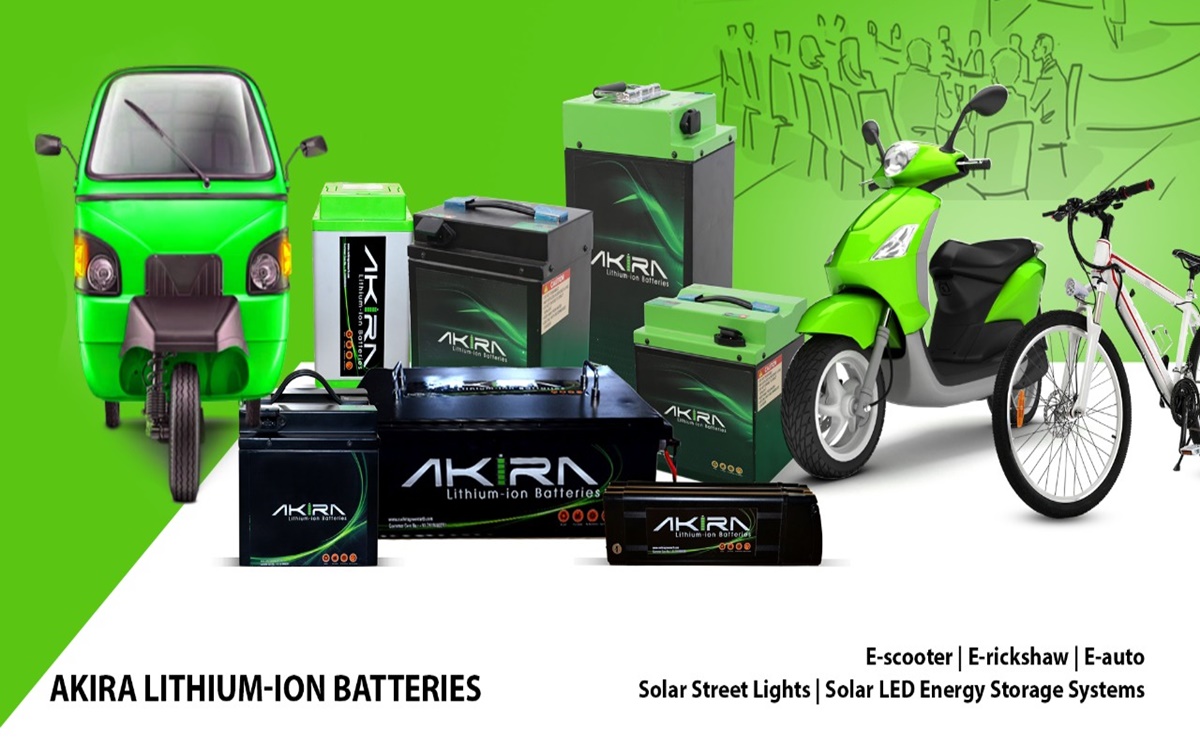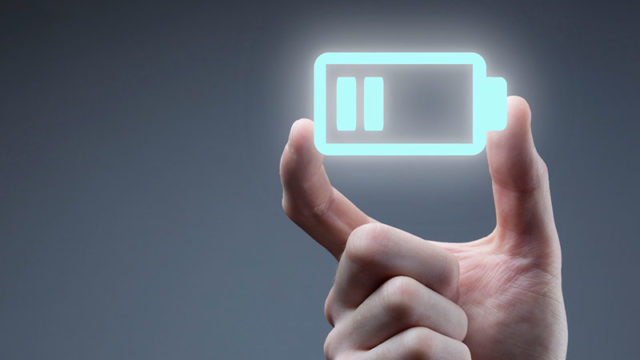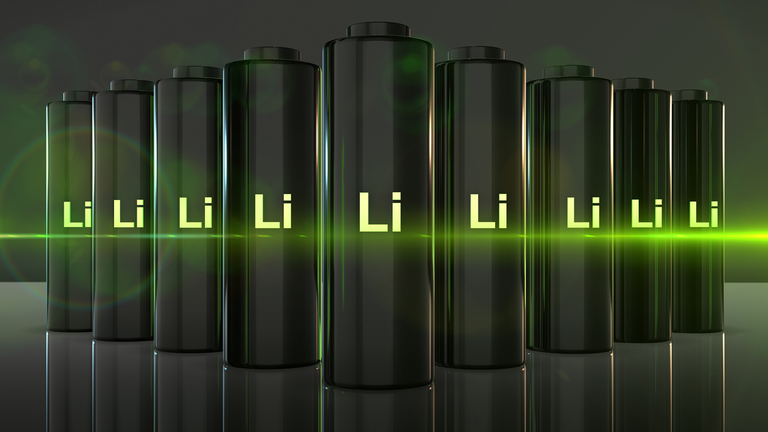Lithium-Ion vs. Lead-Acid Batteries!
When it comes to powering various applications, there are two main types of batteries commonly used – lithium-ion and lead-acid batteries. As a leading lithium-ion battery manufacturer in India, Akira understands the differences between the two and the benefits of each type of battery. Here, we will explore the key factors to consider when choosing between lithium-ion and lead-acid batteries for your application.
Difference Between Lithium – Ion and Lead Acid Batteries.
1.Energy Density
One of the most significant differences between lithium-ion and lead-acid batteries is their energy density. Lithium-ion batteries are known for having a much higher energy density than lead-acid batteries, which means they can store more energy in a smaller and lighter package. This makes lithium-ion batteries ideal for applications that require high energy density in a compact form factor.
2.Lifespan
Lithium-ion batteries generally have a longer lifespan than lead-acid batteries. This is because lithium-ion batteries can handle more charge and discharge cycles than lead-acid batteries, which ultimately extends their lifespan. While lead-acid batteries can last between 3-5 years, lithium-ion batteries can last up to 10 years or more with proper care and maintenance. This makes lithium-ion batteries a more cost-effective choice in the long run.
3.Efficiency
Lithium-ion batteries are known for their high efficiency, with the ability to convert more than 90% of the energy stored in them into usable power. In contrast, lead-acid batteries have an efficiency of around 70% to 80%. This means that lithium-ion batteries can provide more power for longer periods of time, making them a better choice for applications that require high power output and efficiency.
4.Maintenance
Lead-acid batteries require regular maintenance to ensure they operate correctly. This includes checking fluid levels and topping them up with distilled water when necessary, as well as keeping them clean and free from corrosion. Lithium-ion batteries, on the other hand, require minimal maintenance, which makes them a more convenient and hassle-free choice for many applications.
5.Cost
Lithium-ion batteries are generally more expensive than lead-acid batteries upfront, but their longer lifespan and higher efficiency can make them more cost-effective in the long run.
So, ultimately we can conclude that lithium ion batteries offer high energy density, have longer lifespan, better efficiency, require less maintenance and are more cost effective in the long run.
So, if you require a battery that is low maintenance and hassle-free, lithium-ion batteries may be the way to go.
As a leading lithium-ion battery manufacturer, Akira can help you make an informed decision about which type of battery is best for your application.
Follow Us On-


